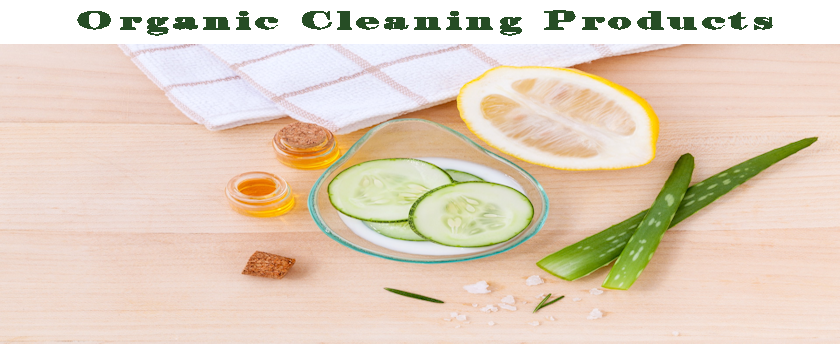
Right now there is no clear cut definition for a product to be labeled as "organic". Be careful when choosing what you think is an organic product. It may be using organic materials such as plant extracts or similar but ask yourself what it is you know about the chemicals used to grow that product or to manufacture that product. It is hard to determine this because of the fact that we have no standardized formula to determine the validity of any so called organic product.
In short PAY ATTENTION and don't be taken in by gimmicks and fads. Everyone is jumping on this bandwagon and some are doing it irresponsibly. Let's crack down and get some guidelines in place so we can all live safer and healthier.
Organic Ingredients vs. Non-Organic Ingredients
83% of people think there should be one meaning for what type of ingredients can be in a personal care product labeled "Organic or natural." An Organic product is made from something living, a plant, vegetable or fruit. Sustainable farming practices have been used to create these ingredients. Products produced from totally organic materials and businesses that use green or alternative energy sources are high on our list and we scrutinize them very closely. Join is in our attempt to standardize what organic really means and create a viable and meaningful definition that people can trust.
In short, we believe any ingredient in an organic product must be purposeful and come from a renewable/plentiful source found in nature. This includes ingredients found in fauna, flora and plants, and minerals-otherwise known as animal, vegetable or mineral. Period. Rest assured, though, the animal part is substances like beeswax and honey.
We also believe there are certain synthetic ingredients that should never be used in any personal care products, let alone ones labeled "natural." This includes ingredients like parabens, glycol, Sodium Sulfate and petrolatum. While these ingredients are deemed safe, there is enough evidence questioning their safety that natural alternatives should be used instead. Less than 15% of the people we surveyed know about these potential risks.
Overall, we believe synthetic ingredients in personal care products should be avoided wherever possible. And to us, using a synthetic material is only acceptable when there is no viable natural alternative and it has absolutely no negative effects-on you or the environment.
What Do American Consumers Pour Down the Drain?
Nationwide, more than 32 million pounds of household cleaning products are poured down the drain each day. Many of these products contain toxic substances that are NOT processed adequately by sewage treatment plants or septic systems. Careless or improper use and disposal of these products may threaten individual health or lead to accidental poisoning. Long term or cumulative environmental consequences may occur like contamination of surface and ground water.
The average American consumer uses about 25 gallons of "TOXIC", "HAZARDOUS" chemical products per year in their home. A major portion of these can be found in household cleaning products.
Cleaning chemicals are the most frequent types of chemicals involved in poison control centers in the United States.
In 1999, 92% of all poisonings occurred in the home.
Cleaning products are involved in 11% of poisoning exposure in children under 6 years of age (Source: City of Boulder-Office of Environmental Affairs)
Organic And Natural |
Non-Organic |
Safe Alternatives |
|---|---|---|
Plant Components:fatswaxes oils lecithin cocoa butte, coco betain, sucrose stearate cetearyl alcohol" glycerine alcohol water witch hazel Fauna Collection:beeswaxhoney pollen royal jelly propolis lanolin cholesterol Flora Extracts:gumscolloids seaweed aromas botanical extracts proteins vitamins antioxidants herbs and spices Mineral Elements:saltscitric acid borax Kaolin clay titanium dioxide zinc oxide mica bentonite |
Petroleum:including any ingredients developed from or processed with this substance Chemically Engineered Ingredients:polymersacrylates Carbome PVP chemical sunscreens preservatives Silicones:ingredients derived from "sand" using harsh processes Synthetic Fragrances:chemical compounds containing harmful ingredients like phthalates. Highly Processed Ingredients:those that are developed using harsh chemicals or unhealthy processes, including sulfates, PEG/PPG and quats Ingredients Dangerous to Humans:any ingredients that are suspected to pose health risks to humans, including parabens, SLS, phthalates, talc, DEA/TEA and formaldehyde GMO's (Genetically Modified Organisms).Products that uses gene manipulated ingredients that is unproven and dangerous for humans and the nature. |
Synthetic Fragrances:those that do not have harmful ingredients, like phthalates, or effects As you can see there are not a lot of safe alternatives. The good news is the list is growing everyday. |
 |
 |

